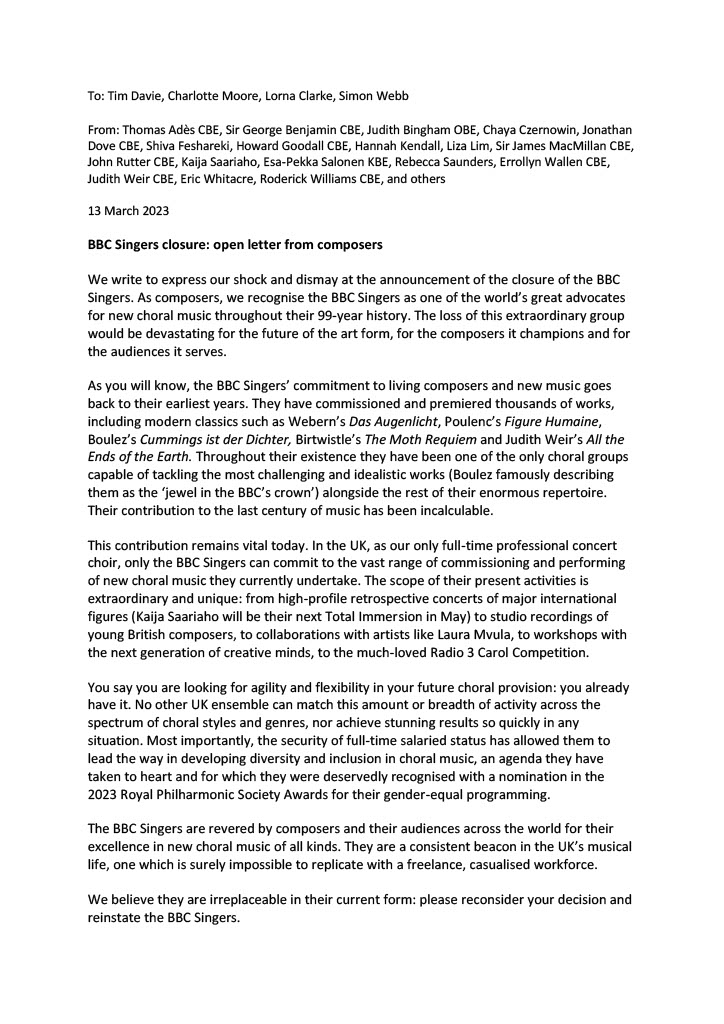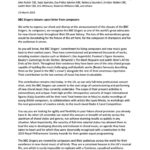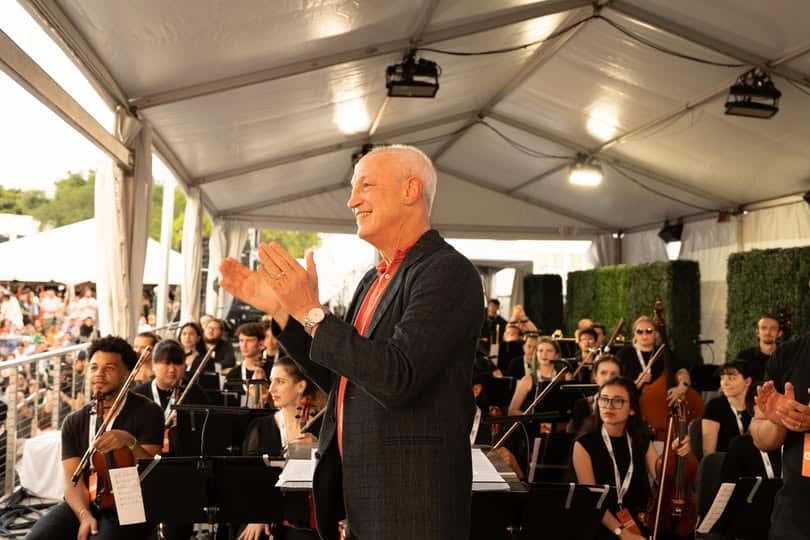Just in: 700 composers lay into the BBC
NewsA call to reverse the abolition of the BBC Singers has been signed by many of the country’s leading composers – including Judith Weir, Master of the King’s Musick, and the foremost Scot Sir James MacMillan – as well as several international eminences.
Betsy Jolas, Esa-Pekka Salonen and Peter Eotvos are among the foreign supporters.
Full text below (clink on images to enlarge).







Comments